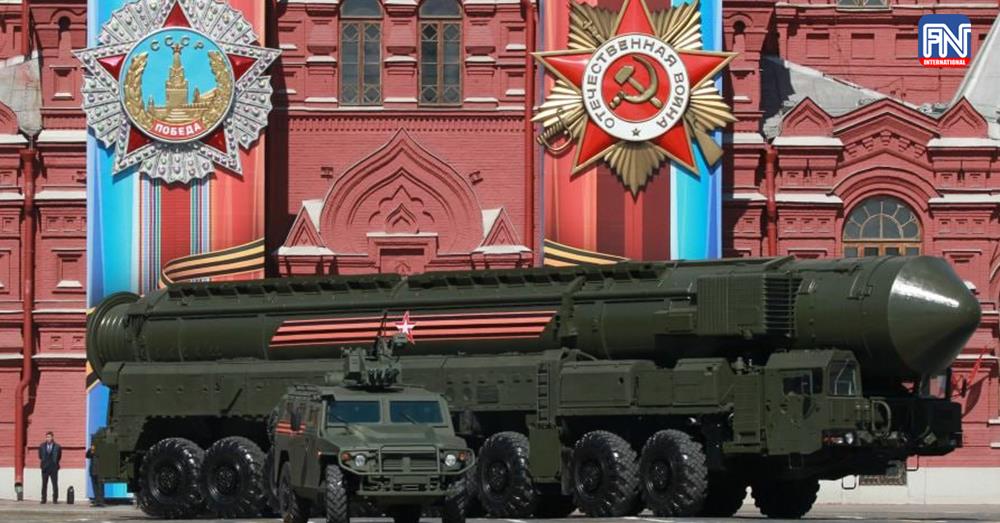MOSCOW, March 29 (Reuters) - Russia has begun exercises with its Yars intercontinental ballistic missile system and several thousand troops, its defence ministry said on Wednesday, in what is likely to be seen as another attempt by Moscow to show off its nuclear strength.
President Vladimir Putin has aimed to make the Yars missile system, which replaced the Topol system, part of Russia's "invincible weapons" and the mainstay of the ground-based component of its nuclear arsenal.
"In total, more than 3,000 military personnel and about 300 pieces of equipment are involved in the exercises," the defence ministry said in a statement on the Telegram messaging service.
The drills involve the Strategic Missile Forces comprehensive control checking of the Omsk missile formation together with a command and staff exercise with the Novosibirsk missile formation equipped with the Yars systems.
During the exercises, the Yars mobile systems will conduct manoeuvres in three Russian regions, the ministry said, without identifying the regions.
"Also, strategic missilemen will carry out a set of measures to camouflage and counter modern aerial reconnaissance means in cooperation with formations and units of the Central Military District and the Aerospace Forces."
There are few confirmed tactical and technical characteristics of the Yars mobile intercontinental ballistic missile systems, which reportedly have an operational range of 12,000 km (7,500 miles).
According to military bloggers, the systems are able to carry multiple independently targetable nuclear warheads and can be mounted on a truck carriers or deployed in silos.
Since launching an invasion of Ukraine in February last year, Russia has conducted numerous military exercises on its own or with other countries, such as China or South Africa.
It has also increased military training with Belarus, which borders both Russia and Ukraine, conducting a series of comprehensive drills over the past year.
Belarus has said it had decided to host Russian tactical nuclear weapons was a response to Western sanctions and what it said was a military build-up by NATO member states near its borders.
U.S. President Joe Biden had indicated he would be concerned by the decision although the United States said it had not seen any indications that Russia was closer to using tactical nuclear weapons in Ukraine.
